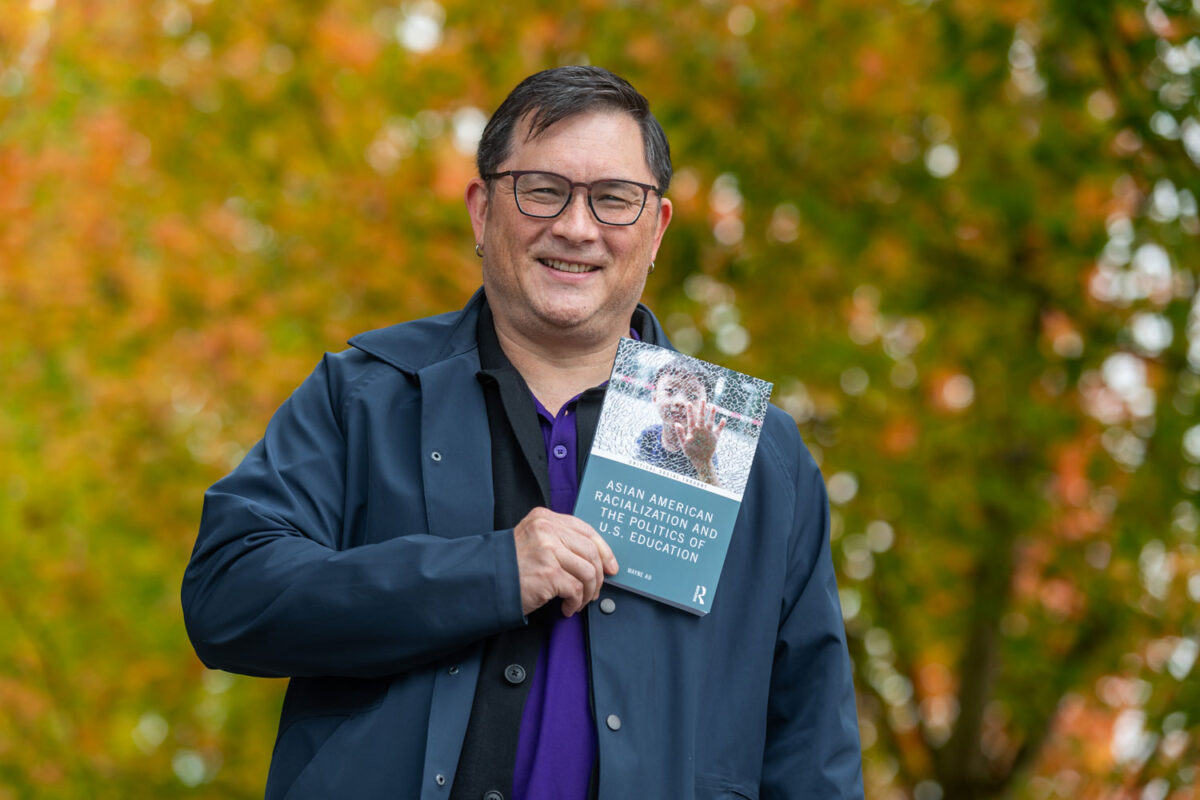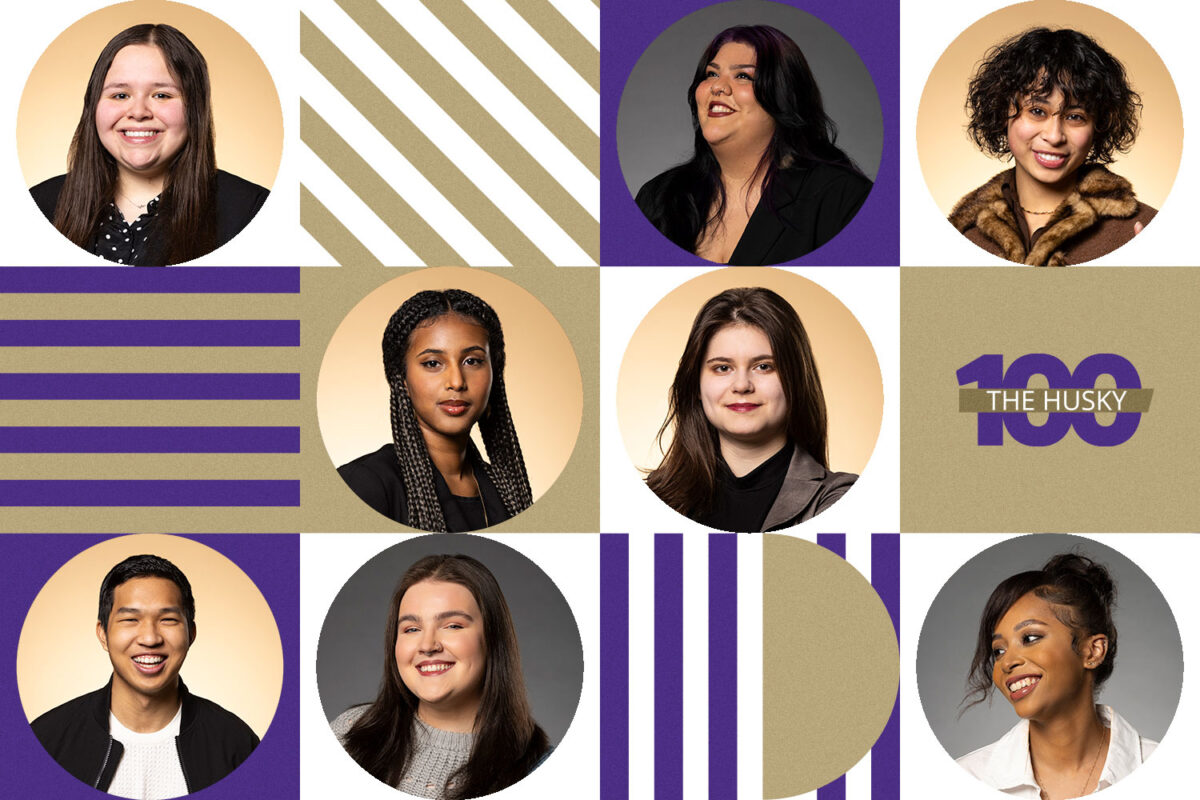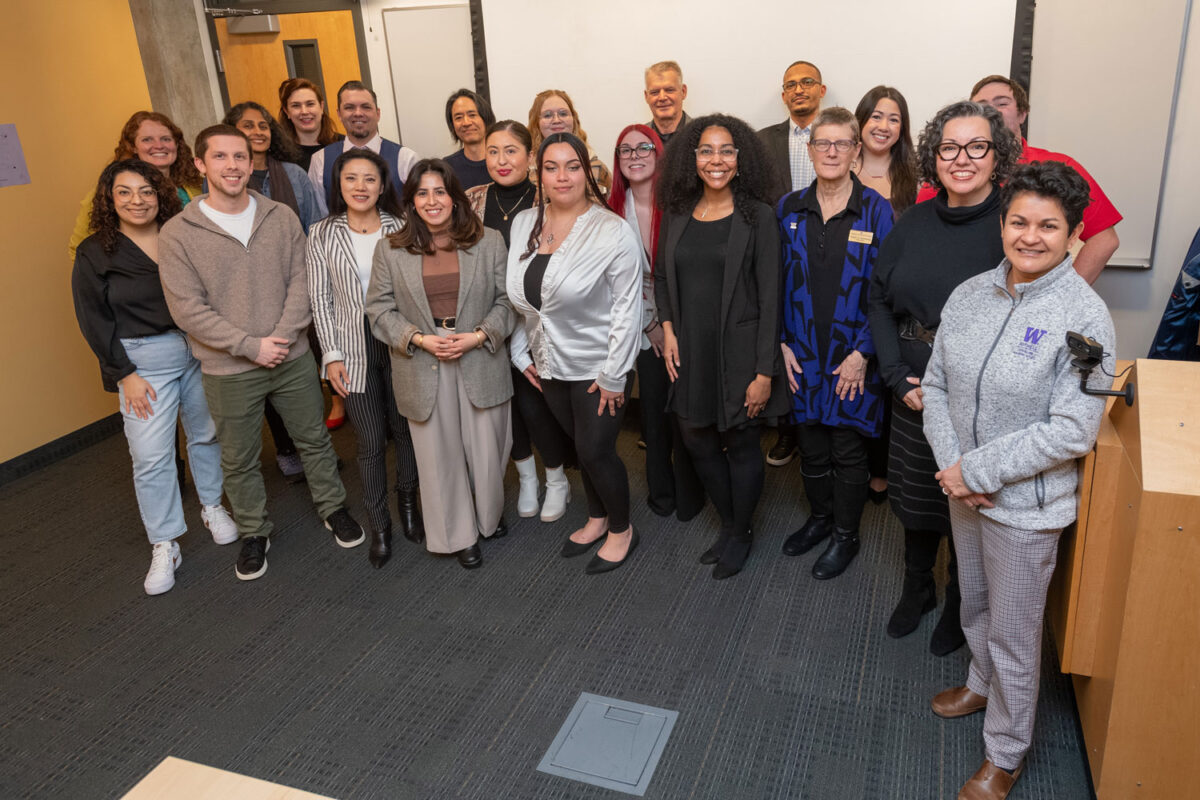From preschool to college, education serves as a foundation on which much of our society is built. Lessons taught in the classroom not only help students develop the skills and knowledge they need to pursue chosen careers. They also are the building blocks that will help shape students’ world view.
Not all the lessons learned in a classroom, however, are the result of well-intentioned teachings. Historically, education has been plagued with social and political challenges, particularly when it comes to students from marginalized communities and backgrounds.
One racial group that often gets overlooked when it comes to education issues is Asian Americans, said Dr. Wayne Au, dean and professor for the University of Washington Bothell’s School of Educational Studies.
In his latest book, “Asian American Racialization and the Politics of U.S. Education,” Au explores the landscape of what it means to be Asian American within the racial politics of U.S. education.
“This book really came out of a need that I saw for a better understanding around how we view Asian Americans and also how we understand Asian Americans in relation to other racial groups.”
Having a lasting impact
The son of an early childhood educator and a college professor, Au knew in high school that he wanted to be a teacher.
“I knew I wanted to do work that was helping folks and building relationships, and I’ve always approached teaching that way,” Au said. “I also grew up in a very political family, so I was interested in activism and politics and social justice from a pretty young age. And so education was a natural fit.”
First as a K-12 teacher and later as a college professor, he has also always had an interest in serving historically marginalized students and communities. At UW Bothell, Au has continued this work as a professor and a dean, and previously in his roles as dean of diversity and equity and as chief diversity officer for the campus.
“That’s where the love of the work has always been,” Au said. “And one of the reasons why I like being at UW Bothell, too, is that we have so many first-generation students and immigrant students and financial aid eligible students. It’s a really nice population of students to be with where I can have an impact reaching students who have previously been neglected and left behind by our systems.”
Outside the classroom, Au also aims to make an impact through his research in areas such as teaching for social justice, critical pedagogy, anti-racist education and Asian American education.
“One of the reasons why I like being at UW Bothell, too, is that we have so many first-generation students and immigrant students and financial aid eligible students. It’s a really nice population of students to be with where I can have an impact reaching students who have previously been neglected and left behind by our systems.”
Dr. Wayne Au, dean and professor, SES
Filling core needs
His Asian American identity has remained relevant throughout his work, yet the timing for this new book felt particularly personal for Au.
“I always write out of need — and it’s a need I see politically in the world and a need within me that really drove this book,” he said. “I’m in my 50s, and I think a lot of folks in middle age start revisiting their identities. There’s a sort of coming back around to process another layer of depth around my own identity as an Asian American that this book provided for me.”
The personal and political aspects of his material were brought into sharper focus when the Covid-19 pandemic led to a backlash against Asian Americans and Pacific Islanders. Au captures this in the opening lines of his book’s introduction:
“This book was born out of a particular kind of pain. As Asian Americans moving through 2020, we watched members of our community — our elders and children, our siblings and cousins, our aunties and uncles — be brutalized by verbal and physical attacks across the United States. We were targeted by media hysteria and the white supremacist dog-whistle politics of then-President Trump.”
He notes that while initial numbers were hard to confirm, the nonprofit organization Stop AAPI Hate later reported more than 6,600 verbal and physical assaults on Asian Americans in the first year of the pandemic.
Challenging stereotypes
As the pandemic unfolded, Au recalled, “I started to realize that even folks who were sympathetic and in support of Asian American communities didn’t really understand Asian American racialization in politics.”
He hopes to help change that through his new book.
In the first section, Au provides a history and context for what Asian American racialization looks like in America today. One of the common challenges to understanding this racialization, he noted, is that many stereotypes and assumptions about Asian Americans are considered positive — and the harm caused by them may not be as apparent as stereotypes about other racialized groups.
Stereotypes around Asian Americans often stem from the “model minority” myth, which originated during the late 1960s amid the Black and brown power movements, the anti-war movement and the Civil Rights Movement. Asian Americans were lauded as successful, hardworking and able to overcome racial barriers, and this was used against other racial groups and to deny the existence of racism.
“The model minority stereotype actually has really strong, negative impacts on Asian American mental health to the degree that suicide is the highest cause of death for college-age Asian Americans in the U.S.,” Au said. “In my book, I make a very strong call that we need to reject the model minority stereotype entirely.”
The alternative, Au added, lies in recognizing that Asian Americans are not an exception to racialization and that they, too, have been victim to historic and systemic racism.
Creating awareness and change
While the Covid-19 pandemic sparked a rise in violence and harassment toward Asian Americans, Au noted it also brought about a greater awareness of racial and political issues they face. He is one of many researchers and educators who have felt called to action by the events of the past few years.
Au said he wants his book to help all educators create more safe and equitable learning environments, but also said that any reader can benefit from learning more about what it means to be Asian American and how the education system has fallen short in serving them.
“My biggest hope is that folks, after reading this book, can come away with a much more complex understanding of Asian Americans and education — particularly in the U.S. and its historical context — than they had before going into it.”




